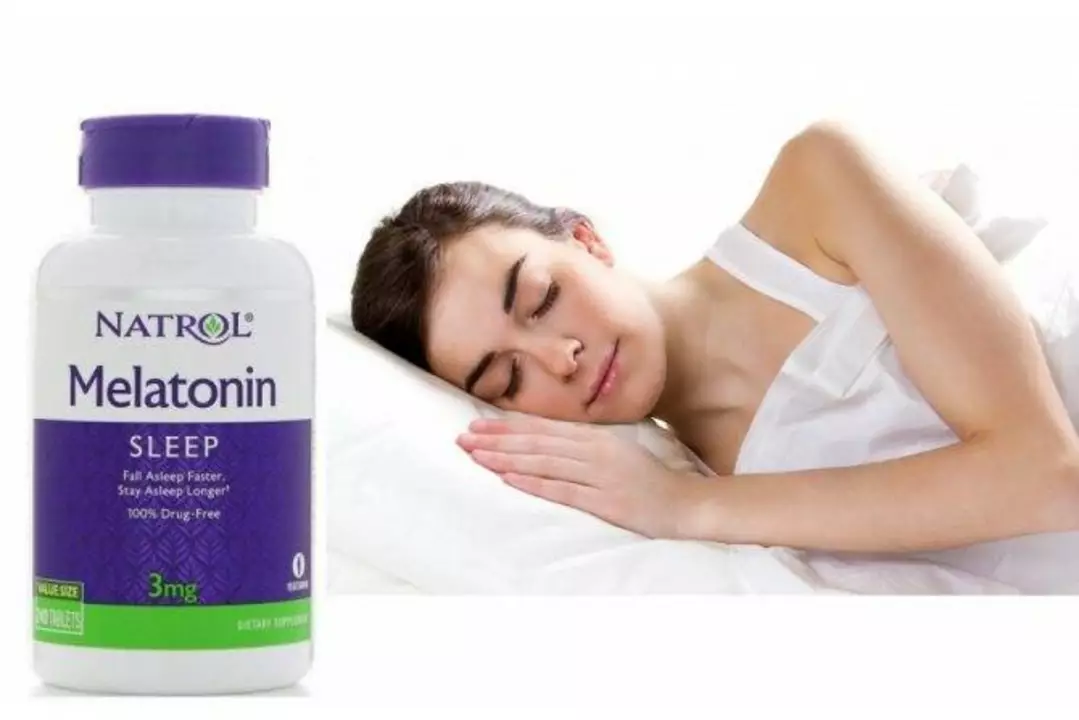Sleep Hormones: How They Work and How to Fix Them
Sleep feels simple until it’s not. Your sleep quality mostly comes down to a handful of hormones that tell your brain when to sleep, wake, and stay alert. If you struggle to fall asleep, wake up too early, or feel groggy all day, tweaking these hormones often helps more than trying another night of random hacks.
How key sleep hormones work
Melatonin is the 'night' signal. Your brain makes more as light fades. If you dim lights and avoid screens, melatonin rises and helps you fall asleep. Older adults often make less melatonin, which is one reason sleep changes with age.
Cortisol is the stress and wake-up hormone. It should peak in the morning to help you get going, then fall in the evening. Chronic stress, late-night work, or irregular schedules can keep cortisol too high at night and make sleep hard.
Adenosine builds up while you’re awake and creates sleep pressure — that heavy, ready-for-bed feeling. Caffeine blocks adenosine, which is great for a morning boost but bad if you drink it late.
Orexin (hypocretin) helps keep you awake. Too much orexin at night or too little during the day can disrupt sleep-wake balance. Some meds and conditions affect orexin and cause real sleep problems.
Practical ways to balance your sleep hormones
Use light like a tool. Get bright light in the morning for 20–30 minutes — sunlight through a window or a short walk works. In the evening, dim lights and switch devices to night mode two hours before bed. That supports melatonin naturally.
Cut caffeine earlier. For most people, stop caffeine 6–8 hours before bedtime. If you’re very sensitive, try a noon cutoff. That lets adenosine build so you feel sleepy at night.
Add routine. Go to bed and wake up within the same 30–60 minute window every day. Regular timing trains cortisol and melatonin to the right schedule.
Exercise daily but not right before bed. Morning or afternoon workouts help push up nighttime sleep pressure and lower evening cortisol. If you exercise at night, finish at least 2–3 hours before bedtime.
Watch meals and alcohol. Heavy or spicy meals close to bed can raise cortisol or disrupt digestion. Alcohol may make you fall asleep but fragments sleep later by messing with adenosine and REM cycles.
Consider melatonin smartly. Low doses (0.3–1 mg) can help reset a clock (jet lag or shift work). Higher doses are sometimes used under a doctor’s guidance. Talk to your clinician if you take other meds, like blood pressure drugs or antidepressants, which can interact.
If sleep problems last more than a few weeks, get medical advice. Persistent insomnia, loud snoring, or sudden daytime sleepiness need a doctor’s check. Fixing hormone patterns often starts with simple habits — light, timing, and caffeine — and those changes usually pay off fast.

Melatonin and Exercise: How Physical Activity Affects Sleep Hormones
As a blogger, I recently delved into the fascinating connection between melatonin and exercise. It turns out that engaging in regular physical activity has a significant impact on our sleep hormones, particularly melatonin. Studies have shown that exercising, especially in the morning or afternoon, can help regulate melatonin production, leading to improved sleep quality and overall well-being. However, it's essential to avoid intense workouts close to bedtime, as it can disrupt melatonin production and negatively impact sleep. So, let's all get moving and enjoy the benefits of better sleep and a healthier lifestyle!
View More